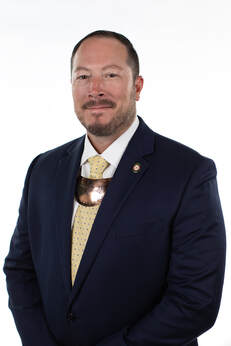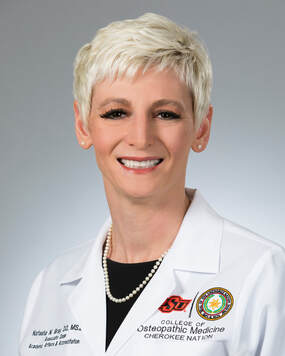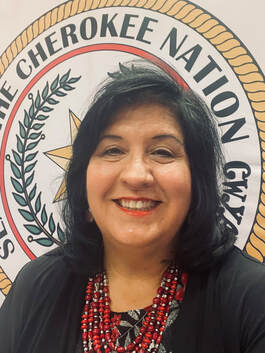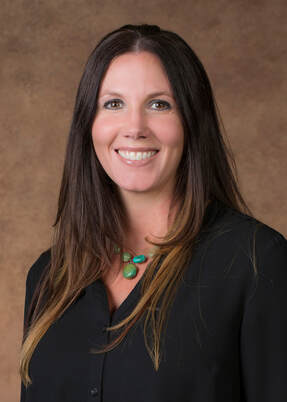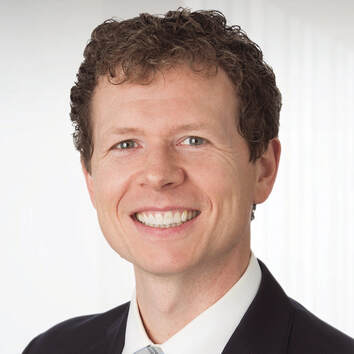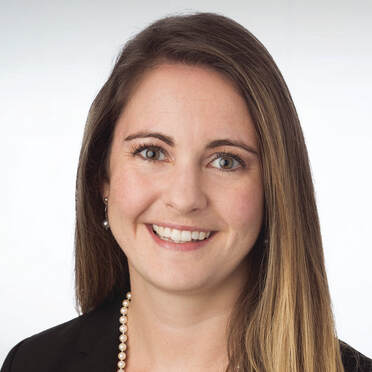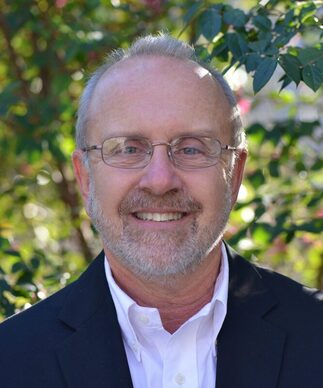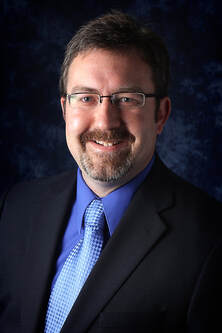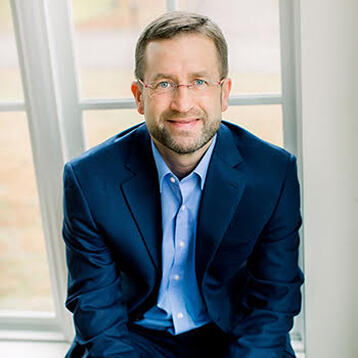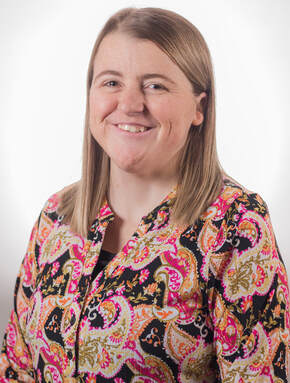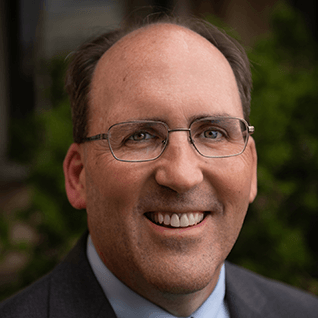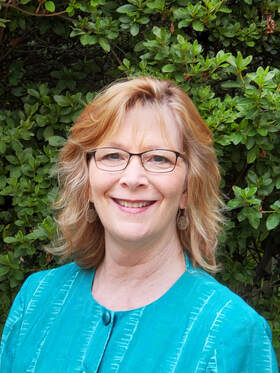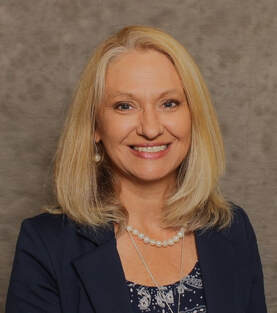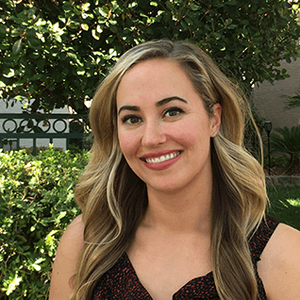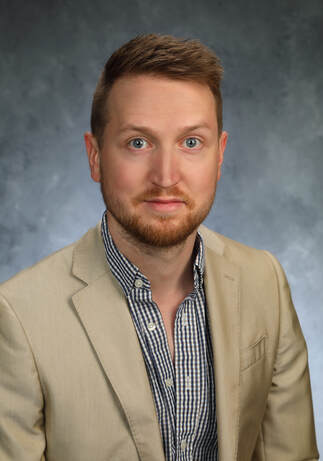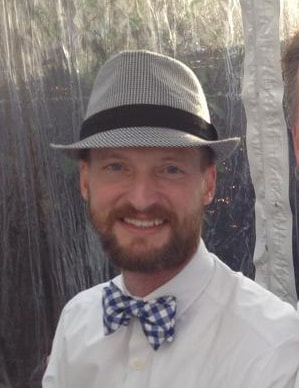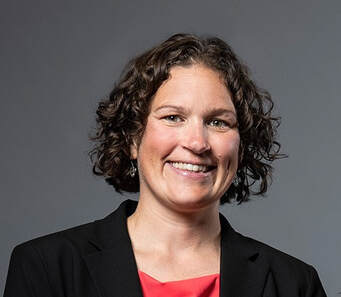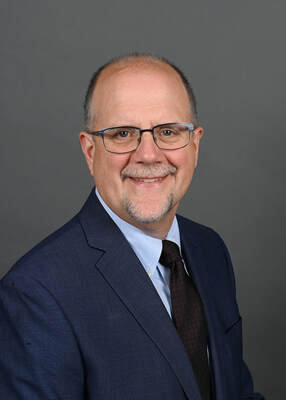Conference Speakers
Bryan Warner, Deputy Principal Chief of the Cherokee Nation
|
Dr. Natasha Bray
|
Stephanie Wickliffe
|
Corie Kaiser
|
Matthew Webster
|
Kayla Hoel
|
Donald Pathman
|
David Schmitz
|
Dwain Harris
|
Lauren Sparks
|
Mike Shimmens
|
Jackie Fannell
|
Mandi Gingras
|
Kristine Morin
|
Mark Barclay
|
Joseph Carter, Public Health Analyst, Division of Regional Operations Bureau of Health Workforce
|
Sarah O'Donnell, Team Lead for the Rural Strategic Initiatives, Federal Office of Rural Health Policy
|
Jessica Seel, Director of Behavioral Health Initiatives & Workforce Development, SCORH
|
Judd Mellinger-Blouch, Director, Pennsylvania Primary Care Career Center
|

